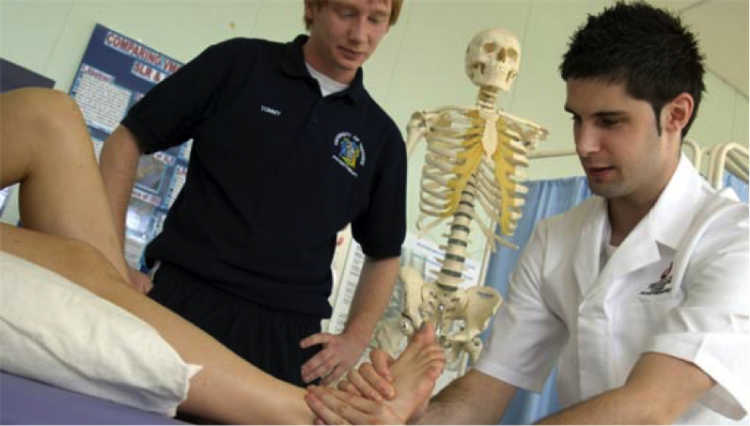 What is Evidence Based Practice?
What is Evidence Based Practice?
And how do you promote ‘Evidence Based Practice’ in Rehabilitation through your training courses?
Obtaining clear evidence to guide clinical treatment decisions in the field of Neurorehabilitation can be both challenging and time-consuming. For every article found that promotes a field of practice or technique there is likely to be another that will dispute those recommendations. This process is not assisted by the fact that Therapy research is not generally considered scientifically rigorous enough and is often plagued with design and sample size failures when compared to other medical research programmes.
Even rigorous reviews such as the Cochrane studies frequently summarise that there is insufficient scientific evidence to support or dispute most rehabilitation techniques that we commonly use. Therefore as a clinician it can be difficult to be sure that what we are reading is indicative of best practice when we are planning our treatment programmes.
So in short nothing is guaranteed and we will continue to learn as professionals over the years as research evolves. However at Therapeutic Solutions Training we work hard to deliver the best clinical advice available from the vast selection of current research findings.
How do you try to ensure that you are giving me educational advice that is in line with best practice recommendations?
Firstly our trainers have over 80 years’ worth of rehabilitation experience between them, obtained from different educational institutions around the world. This in addition to the fact we come from different allied health backgrounds means that we approach rehabilitation education with varied views and experience.
All of our trainers are members of their professional bodies, have completed post graduate training and are aware of the importance of seeking scientifically recognised research. They all use a number of varied resources to ensure they keep up to date with current best practice recommendations.
As principal researcher and clinical director Sarah Mather’s neuroscience background ensures that therapy practice recommendations are reviewed in accordance with evidence around neural functioning and principles of neuroplasticity that affect rehabilitation.
Sarah is a member of a number of professional rehabilitation forums and interest groups including the American Society of Neurorehabilitation enabling her to keep abreast on up to the minute cutting edge research in the field of neuroscience.
If you would like to learn more about our trainers professional backgrounds then see the section ‘Our Team’ on the website.
Where do you get your information?
We routinely search, journals, websites, podcasts, webinars and books for up to date information that affects your practice as a rehabilitation specialist.
Our preferred journals are: Neurorehabilitation and Neural Repair, Journal of Rehabilitation Medicine, Stroke, Journal of Neuroscience, Archives of Physical Medicine and Rehabilitation, Brain Impairment, Clinical Rehabilitation and Disability and Rehabilitation. Additionally to these journals we use professionally based journals for allied heath e.g. Physiotherapy, British Journal of Occupational Therapy, Optometry, Psychology and Speech and Language Therapy journals.
By preference we seek out systematic review articles, randomised controlled trials (RCTs) and research supported by large participant numbers as they are more likely to display scientific and statistical credibility
Other large international agencies we routinely seek information from are those such as The National Institute of Clinical Excellence (NICE), National Service Frameworks (NSF), UK NHS clinical guidelines, NIH National Institute of Health Neurological Disorders and Stroke (NINDS).
The Cochrane Library is also utilised for access to systematic reviews of clinical trials in rehabilitation summarising recommendations for evidence of techniques of best practice.
All of this information is analysed and placed into plain English summaries which are applicable to rehabilitation during our courses in order to assist you and save time.
Each of our courses is reviewed in full and updated regularly and we use peer review from a number sources.
After each course we complete a consumer review and make changes accordingly.
We hope that this information helps to reassure you that we take the quality of your training seriously.
